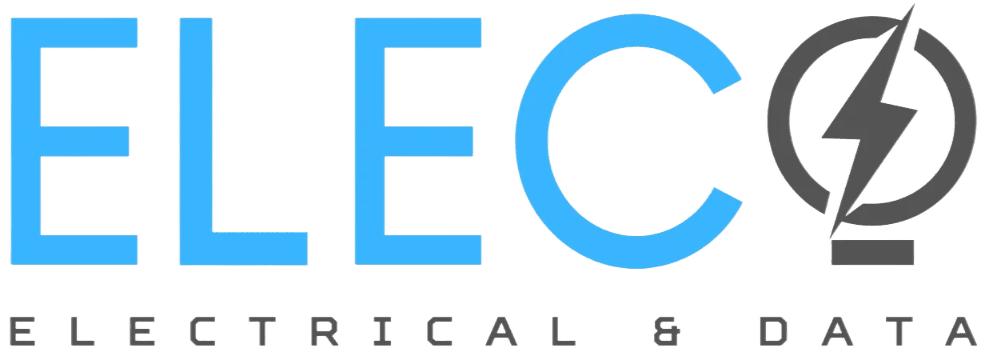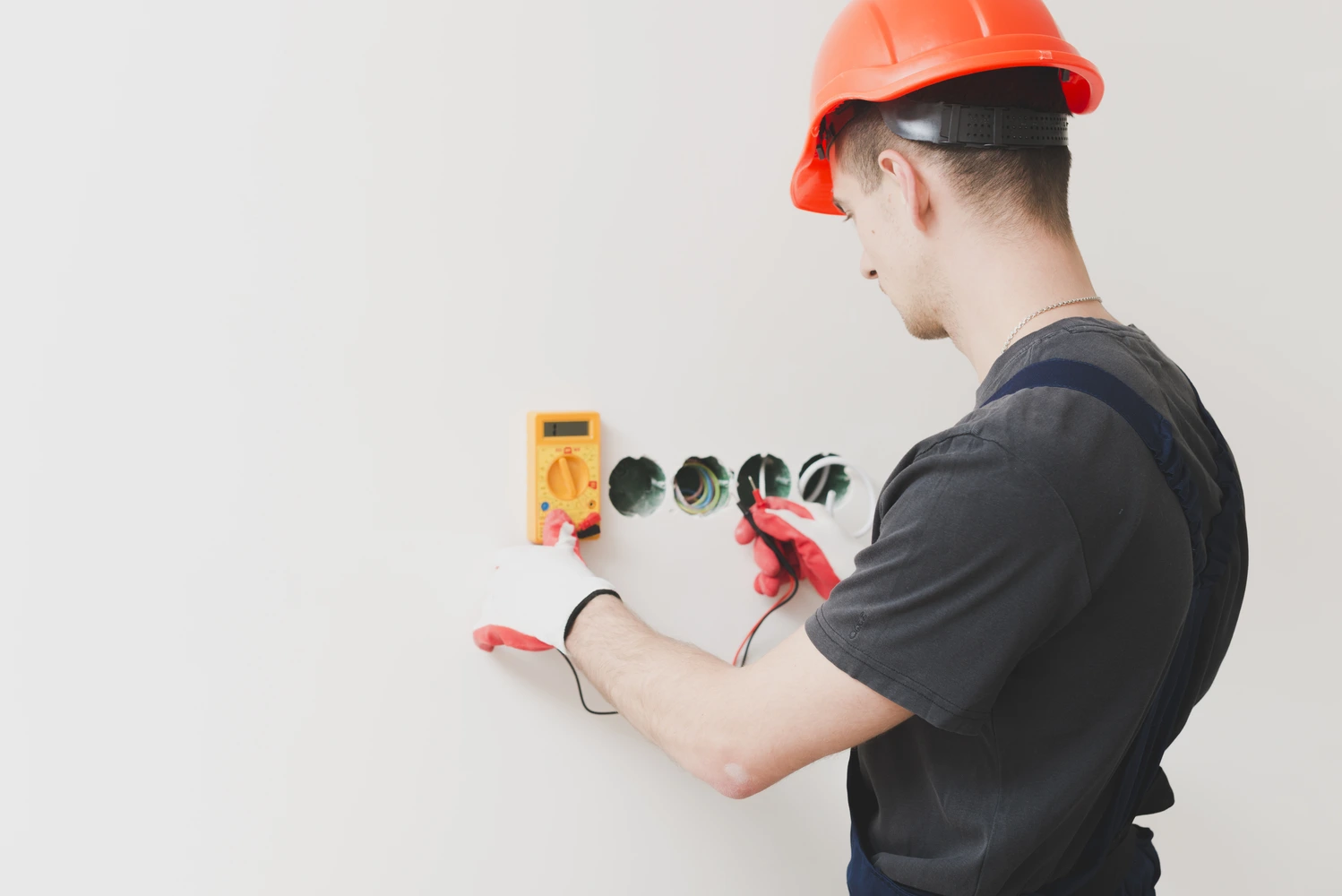When it comes to maintaining a safe and comfortable home, electricity plays a central role in our daily lives. From powering lights and appliances to ensuring your smoke alarms function correctly, having a reliable electrical system is essential. That’s where a residential electrician comes in, a licensed professional who ensures your home’s wiring and electrical components are installed, maintained, and repaired safely.
Understanding the cost of hiring a residential electrician in Melbourne can help you budget effectively for both planned renovations and unexpected repairs. Rates vary depending on the type of service, the complexity of the job, and whether it’s an emergency call-out. From installing new power points to rewiring an older home, knowing what to expect will give you peace of mind and help you make informed decisions.
Investing in professional electrical services ensures the safety, efficiency, and longevity of your home’s electrical system. A residential electrician in Melbourne can provide expert advice, carry out installations or upgrades, and issue the necessary compliance certificates. By understanding typical costs and services, you can confidently plan your electrical projects without compromising on quality or safety.
Typical Electrician Rates in Melbourne
Electrician charges usually consist of an hourly rate plus any call-out fees or materials. In Melbourne, a standard hourly rate for a residential electrician falls roughly in the $85–$130 range. For example, Australia’s average at about $100/hr. Busy or experienced “A-Grade” electricians may charge at the upper end, while local trades or apprentices might be a bit lower. Many electricians also have a minimum fee (often the first hour) and charge extra for emergency or weekend work.
It helps to think in terms of specific jobs. Below is a quick table of common residential electrical tasks in Melbourne and their typical cost ranges (labour and materials included where noted):
| Task / Service | Typical Cost (AUD) |
| Power point installation (new outlet, incl. outlet kit) | $150 – $300 |
| Standard ceiling light (installation) (per fixture) | $70 – $130 each |
| Chandelier or feature light (installation) | $250 – $500 each |
| Outdoor lighting (installation) (each) | $150 – $250 each |
| Smoke alarm installation (incl. one alarm + labour) | ~$80/hr + ~$30/alarm |
| Safety switch installation (RCD/fuse switch) | $90 – $250 (total) |
| Full house rewiring (average 3-4 bed home) | $3,000 – $8,000 |
| New switchboard upgrade (incl. safety switches) | $500 – $1,200 |
| Emergency call-out fee (after-hours) | $100 (day) / ~$260 (evenings/weekends) |
These estimates will vary by the complexity of work, home layout (e.g., brick walls vs plaster), and time of day. For instance, installing a single new power outlet in an easy-access wall might only be ~$150, but adding outlets in double-brick walls could push it closer to $300. Similarly, adding multiple lights or rewiring old wiring will multiply labour costs.
Common Residential Electrician Services and Costs
Power point (outlet) installation:
Modern homes often need extra power points. The labour plus materials typically costs $150–$300 for one new outlet. If the electrician can tap into nearby wiring easily, it’s nearer the lower end; if they must run new cable through walls, expect it toward the higher end. Many Aussies also choose USB-enabled or switched power points, which may cost a little more in parts.
Lighting installation:
Swapping or adding lights is another frequent task. A basic ceiling or pendant light usually runs $70–$130 per fitting. Installing LED downlights is often cheaper per light, while large chandeliers or decorative fixtures can cost $250–$500 each because of extra effort and height. Outdoor floodlights or pathway lights typically cost $150–$250 per light. Remember, these prices usually exclusively cover labour and basic materials; they don’t include the cost of the light fittings or appliances themselves.
Smoke alarm installation:
By law, homes must have working smoke alarms. Installing a smoke alarm is quick (maybe 15-30 minutes), so labour might be around $80/hour. The alarms themselves cost roughly $30 each. For example, one government cost study assumed $80/hr + $30/alarm as a ballpark. So installing a single alarm might end up in the $100–$150 range total.
Safety switches and switchboards:
If your home doesn’t have an RCD (safety switch) or needs a new fuseboard, expect $90–$250 for installing a safety switch. Upgrading an entire switchboard (e.g., from old fuses to circuit breakers) is a bigger job; a full new switchboard can be $500–$1,200. This varies with board size (more circuits = higher cost).
Full house rewiring:
Older Melbourne homes often require more than just new outlets, sometimes a complete rewire. This is a major renovation task. On average, a standard-size house rewire costs $3,000–$8,000, depending on home size and how concealed the wiring is. It’s expensive, but it may be unavoidable if wiring is unsafe or you’re doing large-scale remodelling.
According to Energy Safe Victoria, houses built before 1980 should have their wiring inspected by a qualified electrician before you move in or renovate. This inspection (and any necessary upgrades) could save you thousands in damage and make sure your home is safe.
Emergency Electrician Services
Emergencies like power outages, tripped RCDs, or downed power lines can’t wait. Many electricians offer 24/7 “emergency” call-outs, but be prepared: after-hours rates are higher. A normal visit might cost ~$100 call-out plus hourly labour, but an out-of-hours call (nights, weekends, public holidays) can double or triple that. For example, one trades guide notes day call-outs up to $100 and jumps to around $260 at night. Another source suggests emergency hour rates ($130–$200/hr) can nearly double normal rates.
In practice, an emergency electrician in Melbourne might charge roughly $150–$200 per hour after hours (versus $80–$130 normally). They may also have a higher minimum charge. It’s best to confirm the emergency fees before hiring. If it’s a genuine urgent danger (sparks, smoke, or no power altogether), it’s worth the extra cost. Otherwise, it could be cheaper to schedule a regular appointment during business hours. Many tradespeople will offer weekend service at a premium, typically adding a fixed fee or surcharge.
Hiring the Right Electrician (Licensing and Safety)
Hiring an electrician isn’t like hiring a handyman; it’s a legally regulated trade. Under Victorian law, only a Licensed (A-Grade) Electrician or Registered Electrical Contractor (REC) can do major work or sign off on installations. Energy Safe Victoria bluntly advises against DIY: electrical work done by unqualified people is illegal and can be fatal.
Why the fuss? After completion of any electrical installation or alteration in a home, a licensed electrician must issue a Certificate of Electrical Safety (COES). This certificate is your proof that the work met Australia’s high safety standards. If you hire an unlicensed worker (or try to do it yourself), not only is the work illegal, but any warranty or insurance may be void, and if something goes wrong (fire, shock), you could be personally liable. In short, paying a pro might seem pricey, but the cost of cutting corners can be much higher.
When you hire an electrician, ask to see their licence card or A-Grade licence. Only hire someone who can produce a current card showing they’re endorsed for residential work. You can also verify their status via Energy Safe Victoria’s online register. A licensed electrician carries insurance and will stand behind their work.
Tips to Manage Costs
- Get multiple quotes: Compare 2–3 electricians to see a fair price range. Make sure each quote covers the same scope of work. Ask if the quote includes all materials and call-out fees.
- Bundle jobs: Since many electricians have a minimum fee, grouping small tasks into one visit can be cheaper than separate call-outs. For example, schedule lighting, outlets, and switchboard work together if possible.
- Plan ahead: If the issue isn’t urgent, booking during normal hours can save big. As noted, after-hours calls can cost 2-3 times more.
- Do basic prep: Clear the work area and ensure easy access. If the electrician has to spend time moving furniture or finding wiring routes, it increases labour time.
- Buy own materials (cautiously): Sometimes, supplying your own fixtures (e.g., light fittings or fans) can save money, but confirm with the electrician whether they’ll install customer-supplied goods and guarantee their work. Don’t buy anything electrical without guidance.
- Ask about permits/inspections: In some home renovations, you might need permits or mandatory inspections. For example, major rewiring or extensions may require council sign-off and an electrical inspector. These fees are extra; check with your electrician or local council ahead of time.
Conclusion
In summary, understanding the cost of hiring a residential electrician in Melbourne helps homeowners plan effectively for both routine maintenance and urgent repairs. From installing new power points, lighting, or smoke alarms to larger projects like house rewiring, costs can vary depending on the complexity of the job, the materials used, and whether it’s an emergency service.
Residential electrical work is not just about convenience; it’s about safety, compliance, and long-term reliability. Licensed electricians provide expert advice, handle installations or repairs professionally, and issue necessary certificates, giving homeowners peace of mind. By budgeting appropriately and hiring qualified professionals, you can avoid costly mistakes, reduce risks, and ensure your home’s electrical setup remains fully functional and up to standard.
For expert electrical solutions in Melbourne, trust Eleco Electrical & Data. Our team offers comprehensive residential electrician services, including installations, repairs, rewiring, and emergency call-outs. Contact us today for a free quote and experience reliable, professional service that prioritizes your home’s safety and comfort.
FAQs:
-
Are residential electrician services in Melbourne insured?
Yes, licensed electricians carry insurance to protect both you and your home. This ensures coverage in case of accidental damage or injury during the job. Always confirm insurance details before hiring.
-
Do I need a permit for residential electrical work in Melbourne?
Some electrical jobs, like major rewiring or switchboard upgrades, may require permits or inspections from local councils. Licensed electricians will advise you and ensure all work complies with Victorian regulations.
-
How much does a residential electrician in Melbourne charge per hour?
A typical residential electrician in Melbourne charges between $85–$130 per hour, depending on experience, demand, and the complexity of the job. Emergency or after-hours call-outs can cost more, sometimes doubling the standard hourly rate. Always confirm the rate and any minimum fees before hiring.


